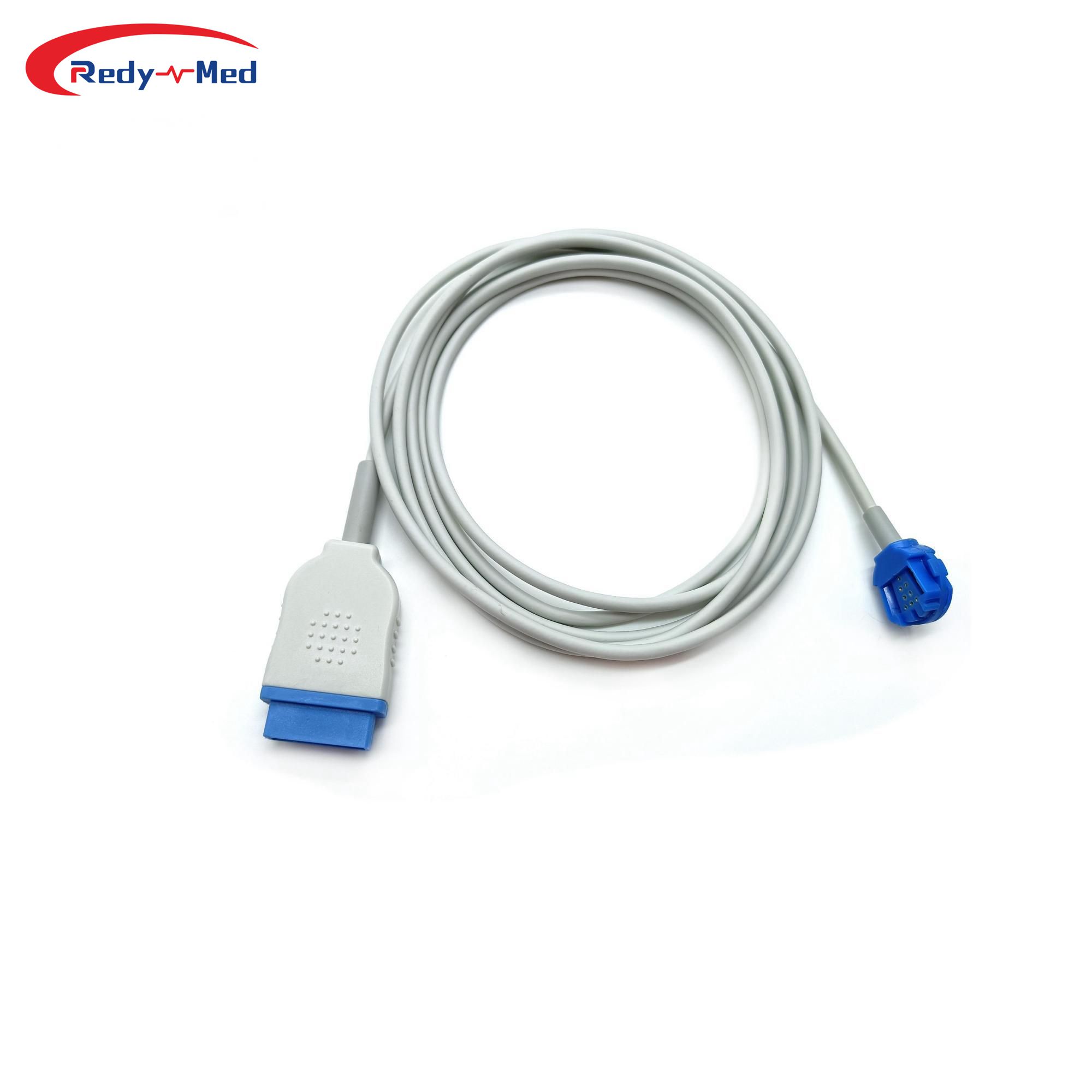
Pricing and Purchasing Considerations for Disposable Blood Oxygen Sensors
2024-03-21 00:04:44
Understanding the Importance of Disposable Blood Oxygen Sensors in Healthcare

Disposable blood oxygen sensors play a critical role in healthcare settings by continuously monitoring the oxygen saturation levels in patients. These sensors provide valuable data to healthcare professionals, helping them make informed decisions about patient care. In this article, we will delve into the pricing and purchasing considerations associated with disposable blood oxygen sensors.
Influencing Factors for Pricing of Disposable Blood Oxygen Sensors
The pricing of disposable blood oxygen sensors is influenced by several factors. Firstly, the technology used in the sensors has a significant impact on pricing. Advanced sensors that incorporate cutting-edge technology may have a higher price point compared to basic sensors. Additionally, factors such as manufacturing costs and market demand also contribute to the pricing of these sensors.
1. Technological Advancements and Pricing
The introduction of innovative technologies, such as digital signal processing and wireless connectivity, has revolutionized disposable blood oxygen sensors. These advancements not only enhance the accuracy and reliability of the sensors but also increase their cost. The level of technology integrated into the sensors directly affects their pricing in the market.
2. Manufacturing Costs and Economy of Scale
The manufacturing process of disposable blood oxygen sensors involves several stages, including assembly, calibration, and quality control. Each of these stages adds to the overall manufacturing cost. Economies of scale play a significant role in pricing, as higher production volumes allow manufacturers to distribute the fixed costs over a larger number of sensors, resulting in lower prices per unit.
3. Market Demand and Competition
The demand for disposable blood oxygen sensors is influenced by various factors, including the prevalence of respiratory diseases, expansion of healthcare facilities, and technological advancements. Higher demand generally leads to increased competition among manufacturers, which can result in competitive pricing strategies to capture larger market shares.
Purchasing Considerations for Disposable Blood Oxygen Sensors
When considering the purchase of disposable blood oxygen sensors, healthcare facilities should take into account several factors to ensure their effectiveness and cost efficiency.
1. Accuracy and Reliability
The accuracy and reliability of the sensors are crucial for precise monitoring of oxygen saturation levels. Healthcare facilities should carefully evaluate the performance characteristics of the sensors before making a purchase decision. It is important to choose sensors that have undergone rigorous testing and certification processes to ensure accurate and reliable measurements.
2. Compatibility and Connectivity
Disposable blood oxygen sensors should be compatible with existing monitoring systems and devices within healthcare facilities. Compatibility issues can hinder the seamless integration of the sensors into the overall patient monitoring setup. Additionally, considering the future potential for wireless connectivity can be beneficial in terms of data collection and analysis.
3. Cost-effectiveness and Budget Constraints
Healthcare facilities should evaluate the overall cost-effectiveness of disposable blood oxygen sensors, taking into account the initial purchase cost as well as recurring expenses such as replacement costs. While cost is an important consideration, it should be balanced with the quality and performance of the sensors. Understanding budget constraints and making informed purchasing decisions can help optimize resource allocation in healthcare settings.
Conclusion
Pricing and purchasing considerations for disposable blood oxygen sensors encompass various factors, including technological advancements, manufacturing costs, market demand, accuracy, compatibility, and cost-effectiveness. By understanding these factors, healthcare facilities can make informed decisions regarding the purchase of disposable blood oxygen sensors, ensuring optimal patient care and resource utilization.
Get the latest price? We'll respond as soon as possible(within 12 hours)




